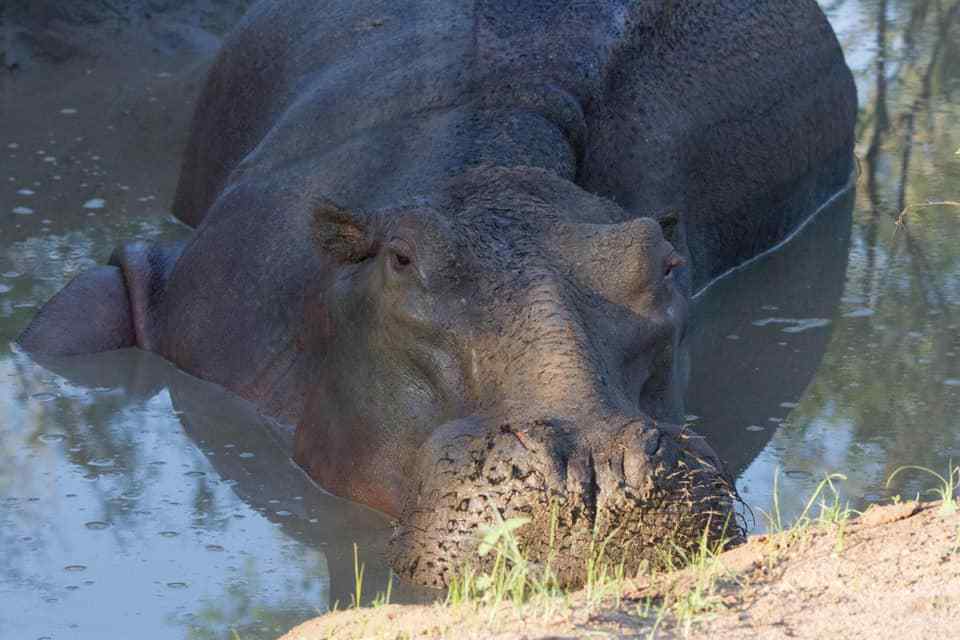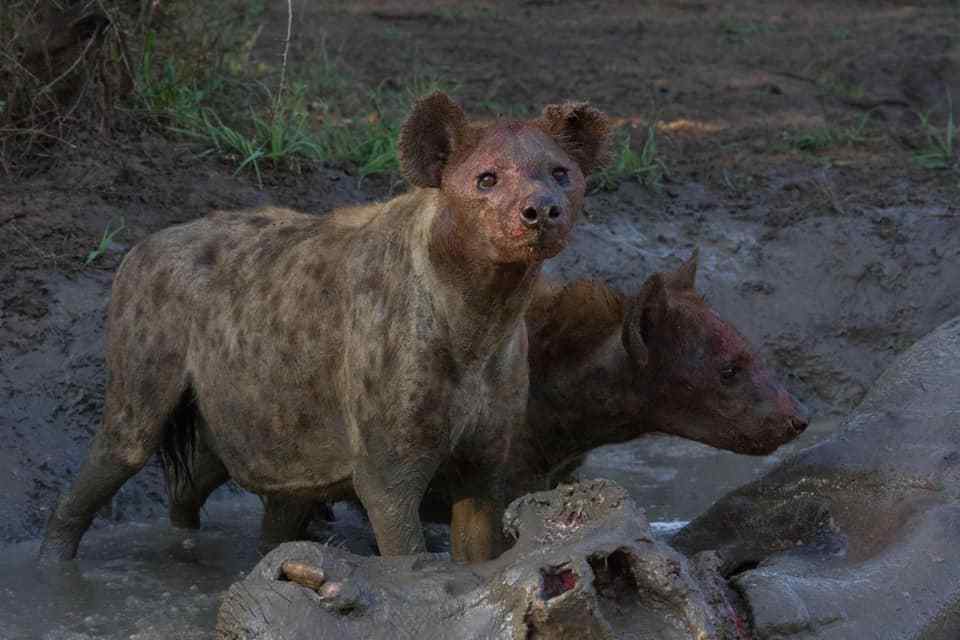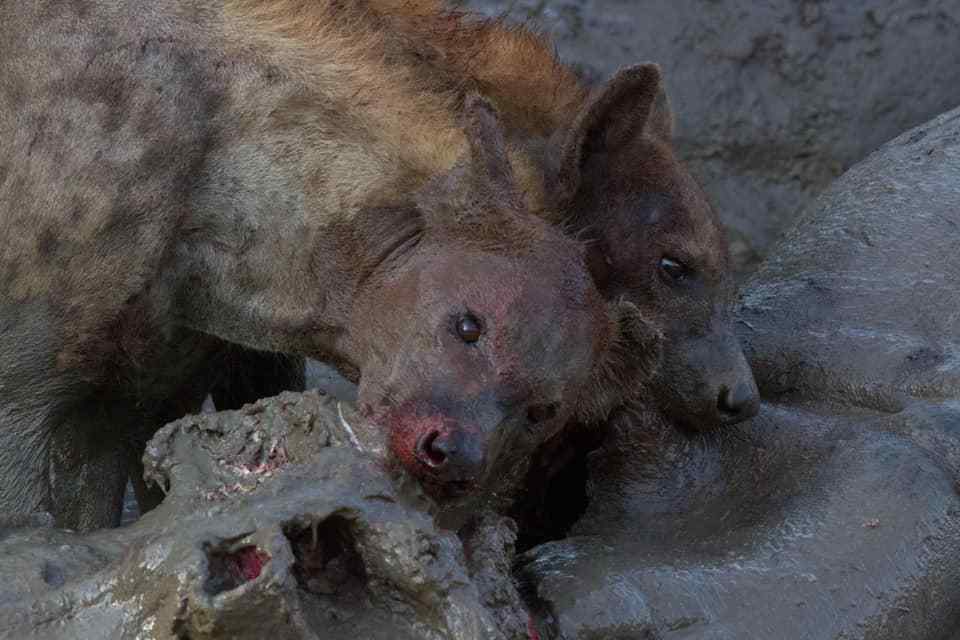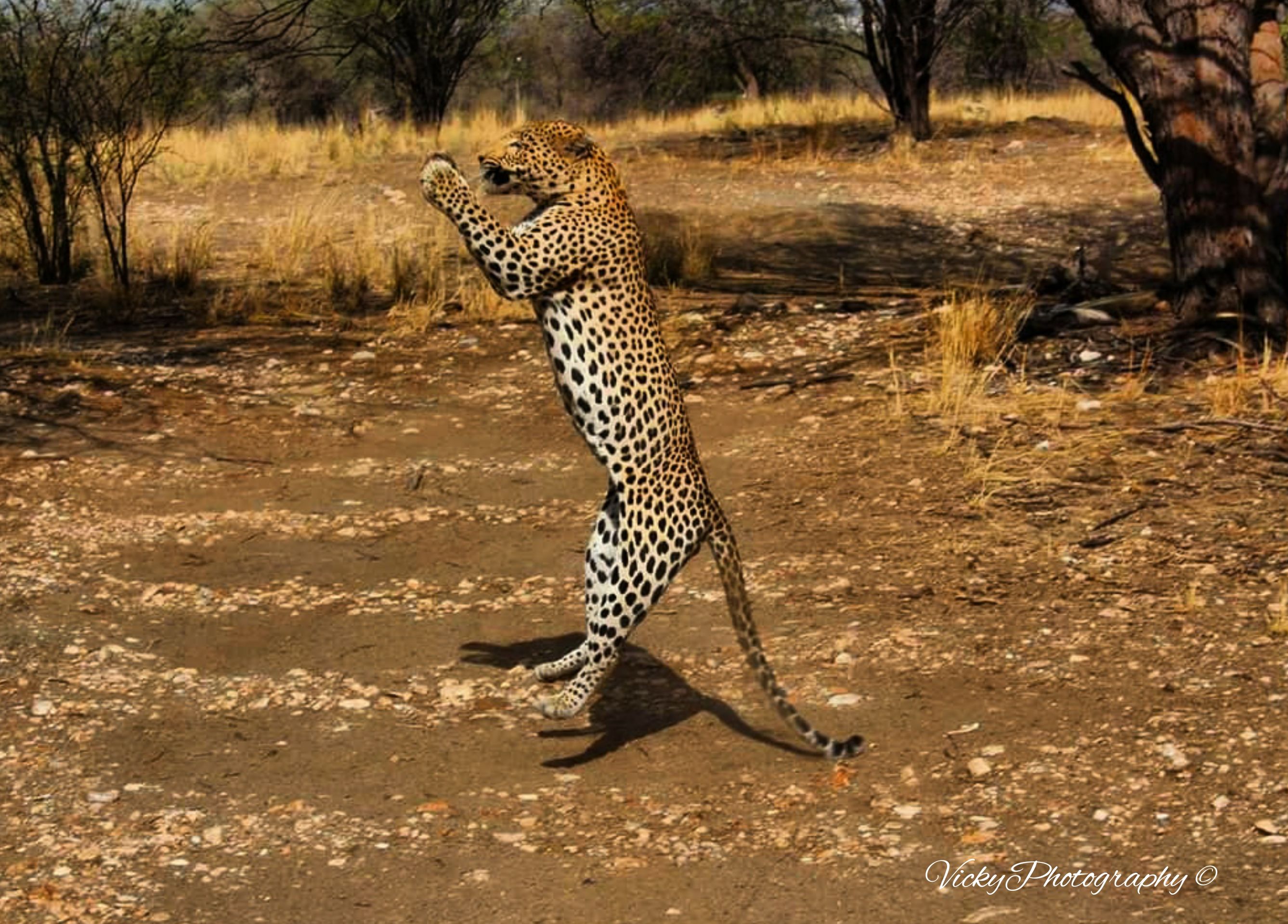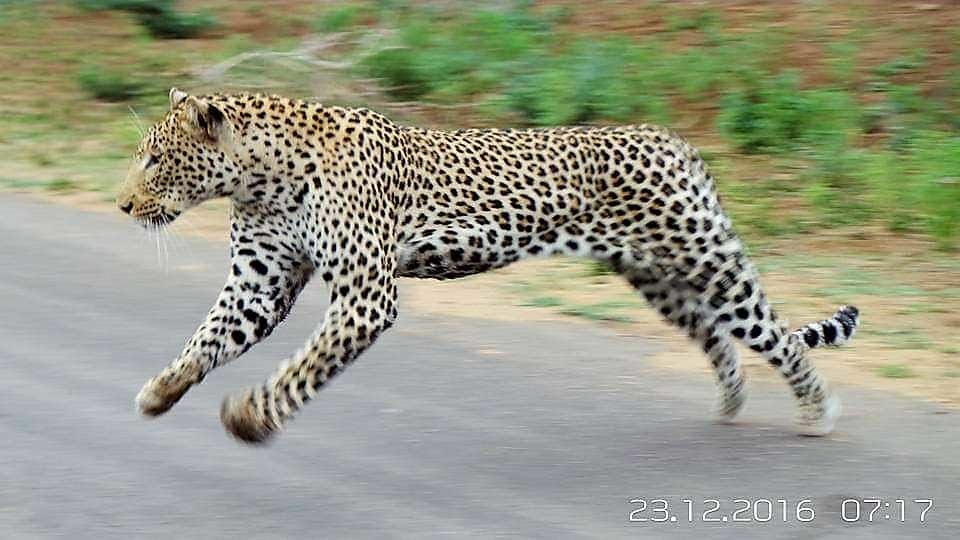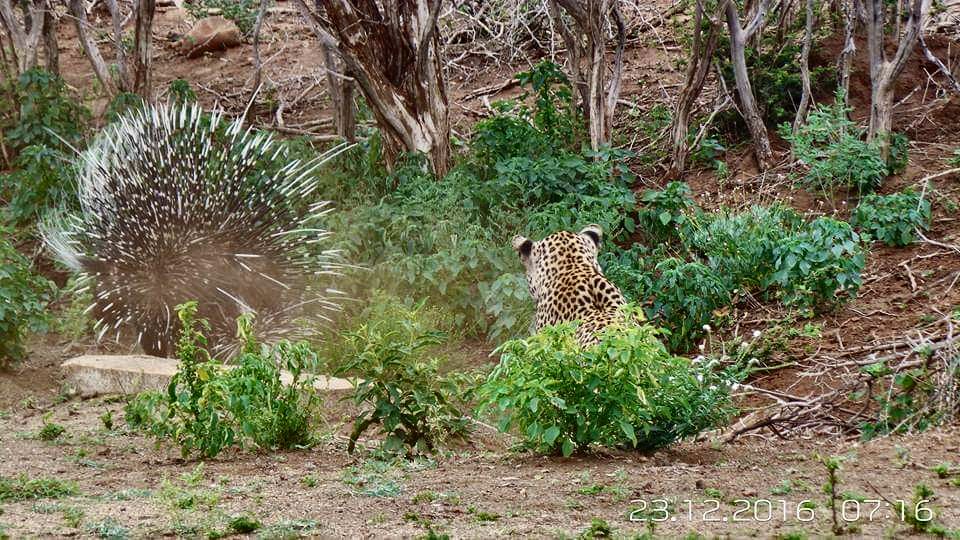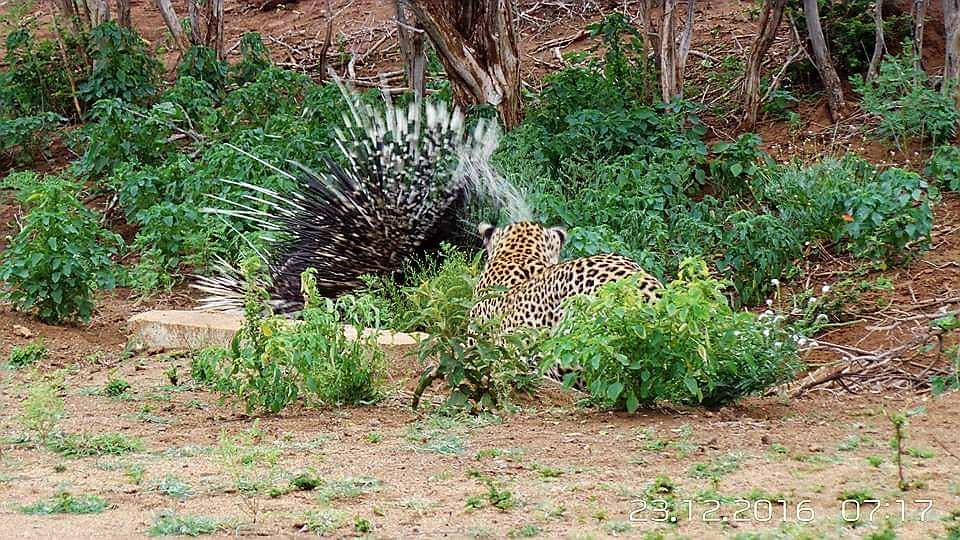Re: Interesting or Unusual Behaviour
Posted: Wed May 06, 2020 10:13 am
Replies from Drs Whyte and Bengis regarding the drunk animals:
This is a story that people love to perpetuate. I think there are a few points to this story.
As far as I know, marulas (or any other fruit) do not ferment to produce alcohol while lying on the ground. Fruit has to be processed in order to make alcohol. Eating the fruit can therefore not get you (or an elephant) inebriated. All of the stories cited below were of animals getting access to alcohol already produced by humans.
Soon after I started working in Kruger, we had about 15 young elephants in the veterinary bomas in Skukuza that were being used in a foot-and-mouth disease research project. Eddie Young decided that we should test the theory that elephants get drunk on marulas. He sent me (and some labourers) out to collect marula fruits. We collected hundreds of the fruits and put them in the bomas with the elephants in half drums. They could and did eat as many as they wanted to. Eddie later collected blood samples for testing and no alcohol could be detected in these samples.
I have heard (without substantiation!) that the myth of elephants getting drunk on marulas comes from rural Africans from earlier times who made alcoholic beverages from marula fruits. They would get drunk and sometimes belligerent from the effects of these drinks. They could only make this “beer” during marula season. And they would also observe that elephants were eating many of these fruits. But this coincides with the time that most of the larger elephant bulls come into musth, and in this condition, they tend to be more belligerent also. They put two and two together, and came to the conclusion that it was the marulas making them drunk and belligerent.
I totally agree with Ian,
Generally humans add some source of yeast to initiate the fermentation process.
There is also very rapid passage of marula fruits through the elephants gastroinestinal tract, and many of the fruits appear almost intact in the faeces. Fermentation, on the other hand, tends to be a rather slow process.
This is a story that people love to perpetuate. I think there are a few points to this story.
As far as I know, marulas (or any other fruit) do not ferment to produce alcohol while lying on the ground. Fruit has to be processed in order to make alcohol. Eating the fruit can therefore not get you (or an elephant) inebriated. All of the stories cited below were of animals getting access to alcohol already produced by humans.
Soon after I started working in Kruger, we had about 15 young elephants in the veterinary bomas in Skukuza that were being used in a foot-and-mouth disease research project. Eddie Young decided that we should test the theory that elephants get drunk on marulas. He sent me (and some labourers) out to collect marula fruits. We collected hundreds of the fruits and put them in the bomas with the elephants in half drums. They could and did eat as many as they wanted to. Eddie later collected blood samples for testing and no alcohol could be detected in these samples.
I have heard (without substantiation!) that the myth of elephants getting drunk on marulas comes from rural Africans from earlier times who made alcoholic beverages from marula fruits. They would get drunk and sometimes belligerent from the effects of these drinks. They could only make this “beer” during marula season. And they would also observe that elephants were eating many of these fruits. But this coincides with the time that most of the larger elephant bulls come into musth, and in this condition, they tend to be more belligerent also. They put two and two together, and came to the conclusion that it was the marulas making them drunk and belligerent.
I totally agree with Ian,
Generally humans add some source of yeast to initiate the fermentation process.
There is also very rapid passage of marula fruits through the elephants gastroinestinal tract, and many of the fruits appear almost intact in the faeces. Fermentation, on the other hand, tends to be a rather slow process.
